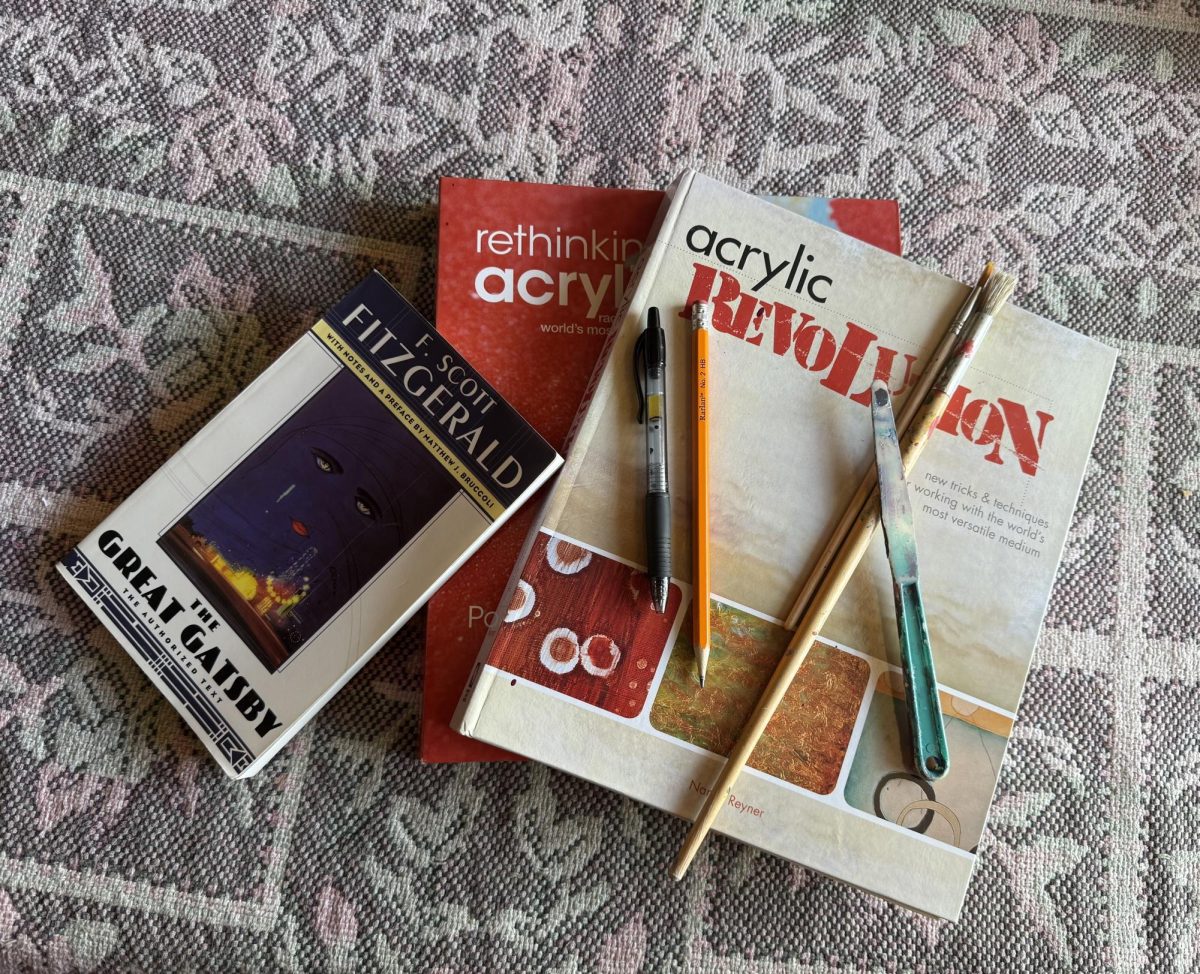You wake up in the morning on a weekend, rested and ready for the day. You’ve had a great night’s sleep and your bed is comfortable, so you roll over to check the time on your phone. Oh look, there’s a notification from Instagram. You open it. Your friend sent you a reel, one of many to look through. Now, before you know it you have been scrolling through short videos for hours, the morning is gone, and with it your desire for a fulfilling day.
This phenomenon, known as “doomscrolling,” is detrimental to health and consciousness, generally setting someone up for a bad day. Upward trends in screentime have been “linked with adverse health outcomes, including poor sleep habits, fatigue, and symptoms of anxiety and depression,” according to the Center for Disease Control and Prevention.
The modern teen spends an average of about seven hours and 22 minutes on their phone every day, according to ABC News. On the way home from school, in the car before walking into the gym, after a hard shift at work. The little metal device in hand is the easiest thing to turn to for a quick burst of entertainment.
A scroll on Instagram or a few minutes on TikTok is not a major problem, but the high amount of average hours begin to beg the question of whether or not there are better things that could be done with our time. Combatting cell phone usage can be difficult, but instead of cutting it out entirely, replacing it with something else fun is just as good, if not better.
Hobbies are an immediate fix to long spurts on a phone. Some have been around for hundreds of years, an activity that simply brings joy. Miriam Webster defines a hobby as “a pursuit outside one’s regular occupation engaged in especially for relaxation.” Usually a skill, and sometimes involving external funding, hobbies give life to the lifeless void that is the technological wasteland found in 2025.
Money does not have to come out of a skill or art for it to be worthwhile. According to UCLA Health, “older adults who engage in a hobby experience fewer depression symptoms.”
Skills like piano, painting, archery, running, anything necessary for your life does not have to be monetarily valued.
There are certain expectations in the current economy to have at least one job or money-making ability, if not more. According to the Bureau of Labor Statistics, “Of the nation’s 84.3 million families, 80.1 percent had at least one employed member in 2024.” A stable occupation is expected, a side hustle is celebrated. To spend time on something out of love and enjoyment is simply not projected for the world to see. This need for employment is also necessary for the function of society, but it does not need to be at the expense of individual joy.
Increasingly, many young adults are turning to things outside of their time spent on their occupation or education and instead focusing part of their energy on enjoyable activities. Though clubs in high school are partly for college readiness, the increasing number at Truckee High School alone reflects the desire to pursue interests outside of required academics.
While important, the discussion of hobbies holds privilege to it. Not every person or family has the time or funds to pursue a hobby, especially a more time-consuming or expensive one. In these cases it is important to recognize certain privileged circumstances.
That being said, when allowed, there is little need to fill every second of every day with a career. Or as high schoolers: sports, working, driving, and everything that is expected of us. As a whole, students must take a rest and come back to not only physical media but just hobbies in general.
There is a responsibility in society to take care of one’s personal health. If one cannot function by themselves then there will be an inability for their occupation to thrive so wildly. Once there is time taken to flourish, then there are more opportunities to help others in society. And after all, isn’t it worth it to enjoy some of life, instead of slaving away for years without joy.


Margy • Sep 16, 2025 at 7:59 pm
Making me think about indulging in my hobbies this weekend